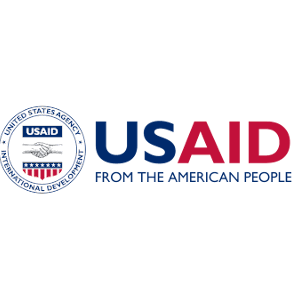COMPREHENSIVE CHILD CENTERED CARE AND SERVICES (C4S) ACTIVITY


Comprehensive Child Centered Care and Services (C4S) is a five years project (2023-2028) with the major goal of ensuring health facilities provide high-quality integrated pediatric HIV services and that children and adolescents aged 0-19 years can access comprehensive health and other services. Specifically, this activity will provide technical assistance to end mother-to-child transmission of HIV by supporting pregnant and breastfeeding women and their HIV-exposed infants, close the HIV treatment gap for children and adolescents living with HIV and drive Tuberculosis elimination and wellbeing for children and adolescents living with HIV in Tanzania. The project is funded by USAID and implemented in a consortium by Christian Social Services Commission (CSSC) as a prime recipient, Afya Plus and Catholic Relief Services (CRS).
The project will cover 11 regions of Arusha, Dodoma, Iringa, Kilimanjaro, Lindi, Manyara, Morogoro, Mtwara, Njombe, Ruvuma, and Singida. The project will also support the two pediatric centers of excellence in Mbeya and Mwanza regions.
Objectives of C4S Activity
- Provide technical assistance to health facilities to increase access to quality comprehensive child-centered health services
- Strengthen national policies and systems to improve children and adolescents living with HIV outcomesli
- Sustain quality HIV and TB services to children and adolescents living with HIV at pediatric centres of excellence
C4S Results
The project will achieve to;
- Reduce Mother to Child Transmission (MTCT) rates and close the pediatric HIV treatment gap.
- Support national HIV and Tuberculosis policies for children and adolescents enhanced to achieve and sustain epidemic control.
- Sustain comprehensive pediatric HIV care and treatment for 0–19-year-olds at center of excellences.
- Optimize quality, client-centered differentiated services, including Tuberculosis, for pregnant/breastfeeding women, HIV exposed infants and children and adolescents living with HIV.
- Support integrated social service systems for children and adolescent health and wellbeing, including orphans and vulnerable children.
- Build the capacity of staff from other health facilities in pediatric HIV at center of excellences.
- Facilitate children and adolescents living with HIV to access comprehensive, integrated services related to Tuberculosis, nutrition, immunization, neglected tropical diseases, COVID-19, and sexual reproductive health.
- Enhance linkages and bidirectional referral systems between projects to optimize resources for children and adolescents.
